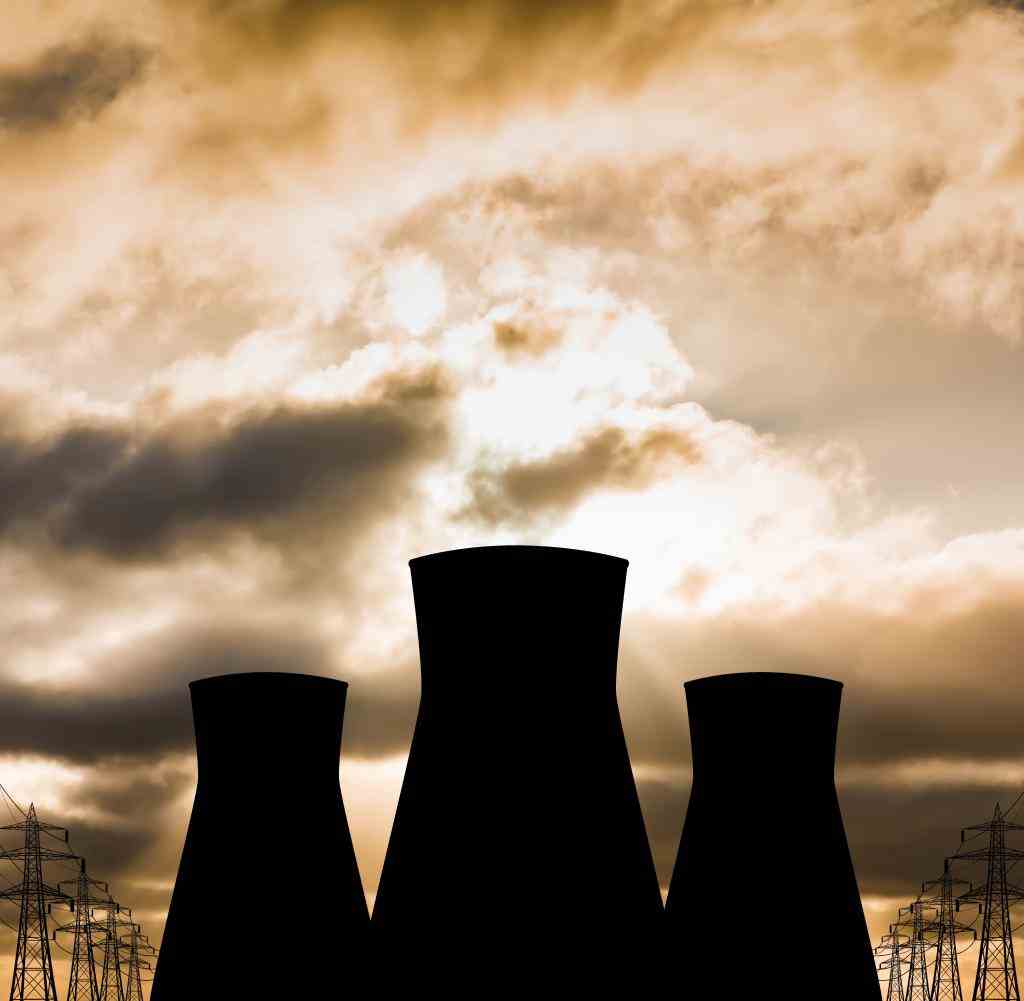Die Union in the Bundestag reacted with criticism to the resolutions of the federal and state governments to relieve people in the face of high energy prices. In view of the unclear start of the gas price brake, the parliamentary secretary of the CDU/CSU parliamentary group, Thorsten Frei, called it very regrettable in the “Rheinische Post” that the winter gap in the gas price brake had not been closed. “Citizens are now paying for the hesitancy of the traffic light with a great loss of prosperity, and many companies are threatened with insolvency,” complained the CDU politician. “Too much time has been wasted,” he added.
The introduction of the 49-euro ticket could not be the end of the considerations, said Frei. Rural people should not be forgotten. “What good is a ticket that everyone pays for in the end if a bus rarely comes by? The traffic light must provide answers quickly here,” demanded the CDU politician.
Bavaria’s Prime Minister Markus Söder (CSU) described the talks between the federal and state governments as constructive. But there were “itch points,” said Söder in the evening the Bavarian Radio. So it was a mistake to be standing there without a relief solution for citizens and companies when it came to energy prices in January, Söder criticized after the end of the talks between the state heads of government and Chancellor Olaf Scholz (SPD).
The Bavarian Prime Minister also criticized the lack of funding for oil and pellet heating. “Most countries are very concerned about the oil, because in the end it’s not fair that gas customers in particular get a complete replacement and someone who has an oil heating system can only be considered an emergency or hardship.”
An important achievement is the agreement on local transport, said Söder. “The way for the 49-euro ticket is now clear,” he emphasized. However, the federal government’s regionalization funds for the states are still not enough.
Kretschmer not happy about the 49-euro ticket
On the other hand, they were dissatisfied with the agreement between the federal and state governments on a 49-euro ticket Saxony’s Prime Minister Michael Kretschmer (CDU). On the one hand, the regionalization funds from the federal government, with the help of which the federal states order train and bus connections from the transport companies, were not sufficient. “On the other hand, the federal government wants to create a new offer with the 49-euro ticket,” said Kretschmer. “There is the question of what comes first and if in doubt you don’t take the third step before the first.”
In local public transport (ÖPNV), enormous cost increases, for example for energy, ensure “that the money is not enough”, says Kretschmer. Routes would be thinned out or shut down. “This money has to be on the table first.” The federal government has promised a part, but that is not enough. “The 49-euro ticket, this symbol, was even more important to the federal government, there is now money there. I think that’s the wrong order.” But you have to deal with it now.
Thuringia’s Prime Minister Bodo Ramelow (left) was relieved about the agreements that had now been reached. “I think it’s important that we can now say clearly: This is the way.” There will be enough gas and there will be no blackouts. People should pack away their electric heaters and not use tea lights for heating. “It’s all partly due to hysteria. It’s not worth it,” said Ramelow.
North Rhine-Westphalia Prime Minister Hendrik Wüst (CDU) described the agreement on a package to finance the planned multi-billion dollar relief as a “compromise”. The gas price brake and the federal government’s third relief package of 65 billion euros could now come, said Wüst. The countries would have wished for better solutions in some points. But now the clarity is there that people need to get through the winter well.
So far there is no blueprint for the agreed gas price brake, said Wüst, who is co-chair of the Prime Ministers’ Conference (MPK). The financial dimension of this measure is also enormous. Despite the billions in relief, there would still be burdens for people, emphasized Wüst. But it is important that it is done fairly.
City council considers resolutions insufficient
Of the German City Day considers the resolutions of the federal and state governments for the 49-euro ticket and the assumption of costs for the care of refugees to be inadequate. In both points, the results fell far short of the cities’ expectations, said association president Markus Lewe of the German Press Agency.
Lewe complained that the promised funds would make it unthinkable to expand buses and trains to the required extent. It is important to the cities that a nationwide 49-euro ticket is combined with better transport services. However, both cannot be done with the funds. “There is a further threat that timetables will have to be thinned out. The turnaround in traffic threatens to end up on the sidelines,” said the mayor of Münster.
The commitments for financing the reception of refugees are also not sufficient, said Lewe. In addition, no funds are provided for the integration of people in the package. The challenges grow every day. More and more people are coming from Ukraine and other countries. “The cities accept their responsibility and will not leave the refugees on the streets. However, we expect that the federal states will quickly expand their absorption capacities and now make a greater contribution to the financing themselves,” Lewe warned.


